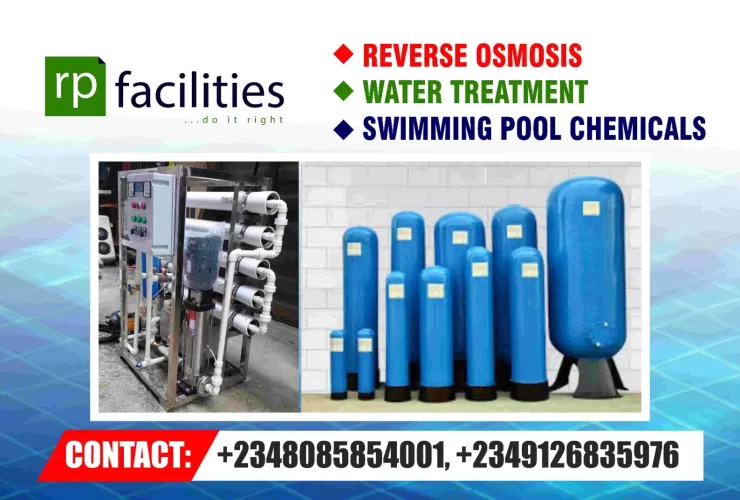Facility management is a critical aspect of any organization’s success. It involves the management of a facility’s operations, maintenance, and security to ensure that the facility runs efficiently and effectively. As we venture into 2024, the role of facility managers becomes even more pivotal in ensuring efficient operations, sustainability, and a safe environment for occupants. To thrive in this dynamic field, facility managers must hone their skills and adapt to the changing demands.
1. Technology Proficiency
In 2024, facility managers are increasingly becoming tech-savvy leaders. They must be well-versed in emerging technologies that drive efficiency and enhance the user experience within facilities. Here are some key areas where technology proficiency is crucial:
– IoT Integration: The Internet of Things (IoT) has revolutionized facility management. Facility managers must understand how to integrate IoT devices and sensors to monitor and optimize various aspects of a building, from energy usage to occupancy patterns.
– Building Information Modeling (BIM): BIM is essential for effective facility planning and management. Facility managers should be proficient in BIM software to facilitate collaboration, streamline maintenance, and track the lifecycle of building assets.
– Facility Management Software: Mastery of facility management software is a must. It allows managers to monitor work orders, track maintenance schedules, and analyze data to make informed decisions. Familiarity with Computerized Maintenance Management Systems (CMMS) and Computer-Aided Facility Management (CAFM) software is vital.
2. Sustainability
Sustainability has transitioned from a buzzword to a critical aspect of facility management. Facility managers in 2024 must champion environmentally responsible practices. This includes:
– Energy Efficiency: Understanding energy consumption patterns and implementing strategies to reduce energy waste is imperative. Facility managers should also be well-versed in renewable energy sources and how to integrate them into the facility’s power infrastructure.
– Green Building Certifications: Knowledge of green building certifications like LEED (Leadership in Energy and Environmental Design) is essential. Facility managers should work towards achieving and maintaining these certifications to ensure their facilities meet stringent sustainability standards.
– Waste Management: Effective waste management and recycling programs are vital for sustainable facility operations. Facility managers should be skilled in optimizing waste reduction strategies.
3. Soft Skills and Leadership:
While technological and sustainable proficiency are critical, soft skills and effective leadership remain at the core of facility management. In 2024, facility managers are expected to excel in:
– Communication: Facility managers need strong and effective communication skills to liaise with diverse stakeholders, from tenants and vendors to executive leadership. Clear and concise communication ensures managing conflicts, and promoting teamwork.
– Problem-Solving: The ability to swiftly address unexpected challenges and make data-driven decisions is a hallmark of a successful facility manager.
– Adaptability: In an ever-changing environment, adaptability is key. Facility managers must be flexible and ready to embrace new technologies and methodologies.
– Leadership Skills and Team Building: Effective leadership is essential for building and motivating a high-performing facility management team. Collaboration and teamwork are instrumental in achieving objectives. Facility managers should also be able to manage change effectively and adapt quickly to new situations.
As we step into 2024, facility management will remain a complex field that requires a diverse set of skills. In 2024, facility managers will need to be technologically savvy, sustainability-focused, and possess excellent soft skills to succeed in this dynamic field. By developing these skills, facility managers can help organizations achieve their goals while promoting efficiency, sustainability, and innovation.



